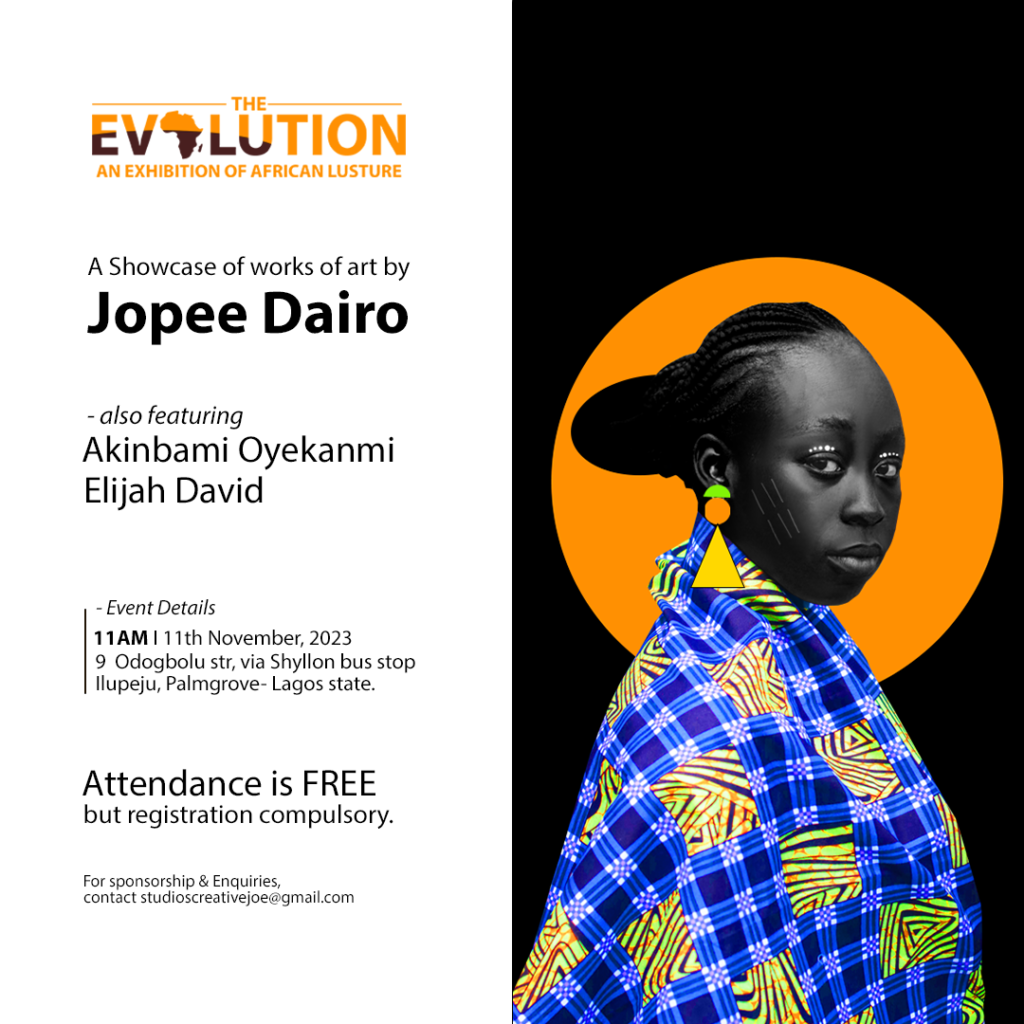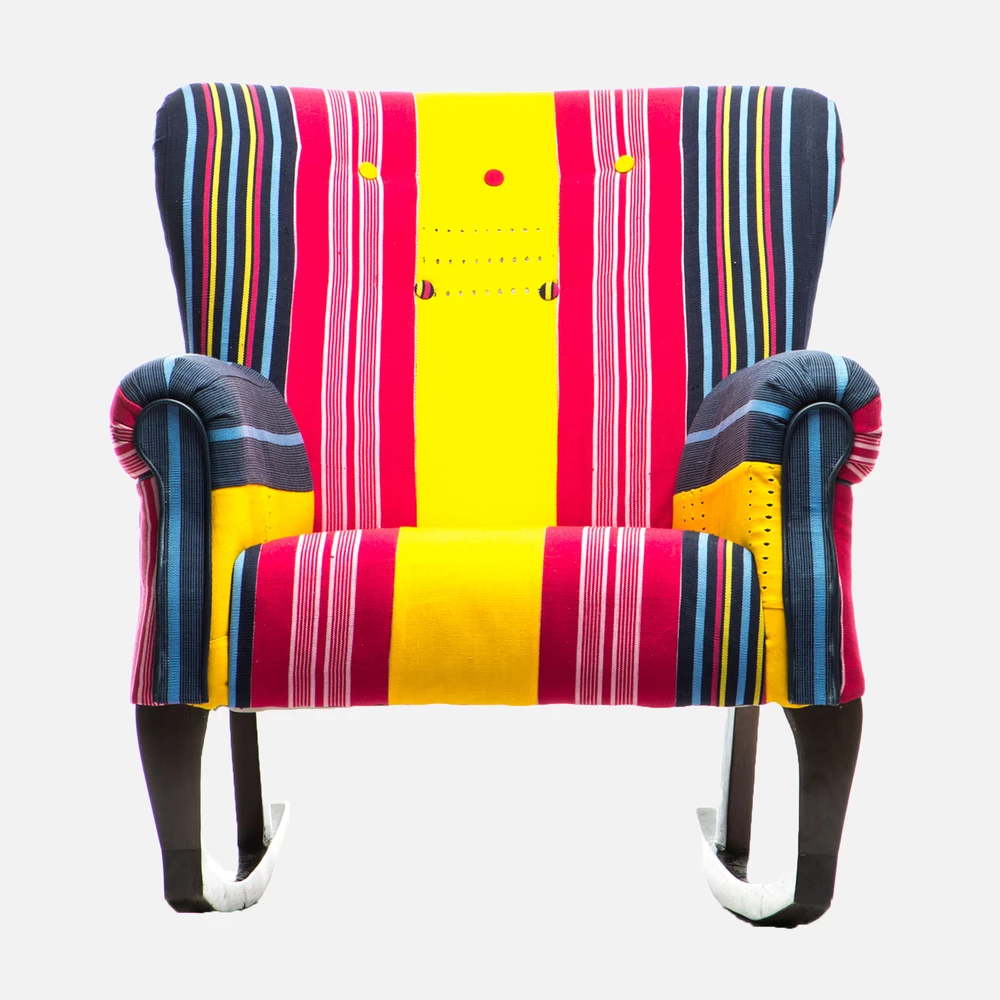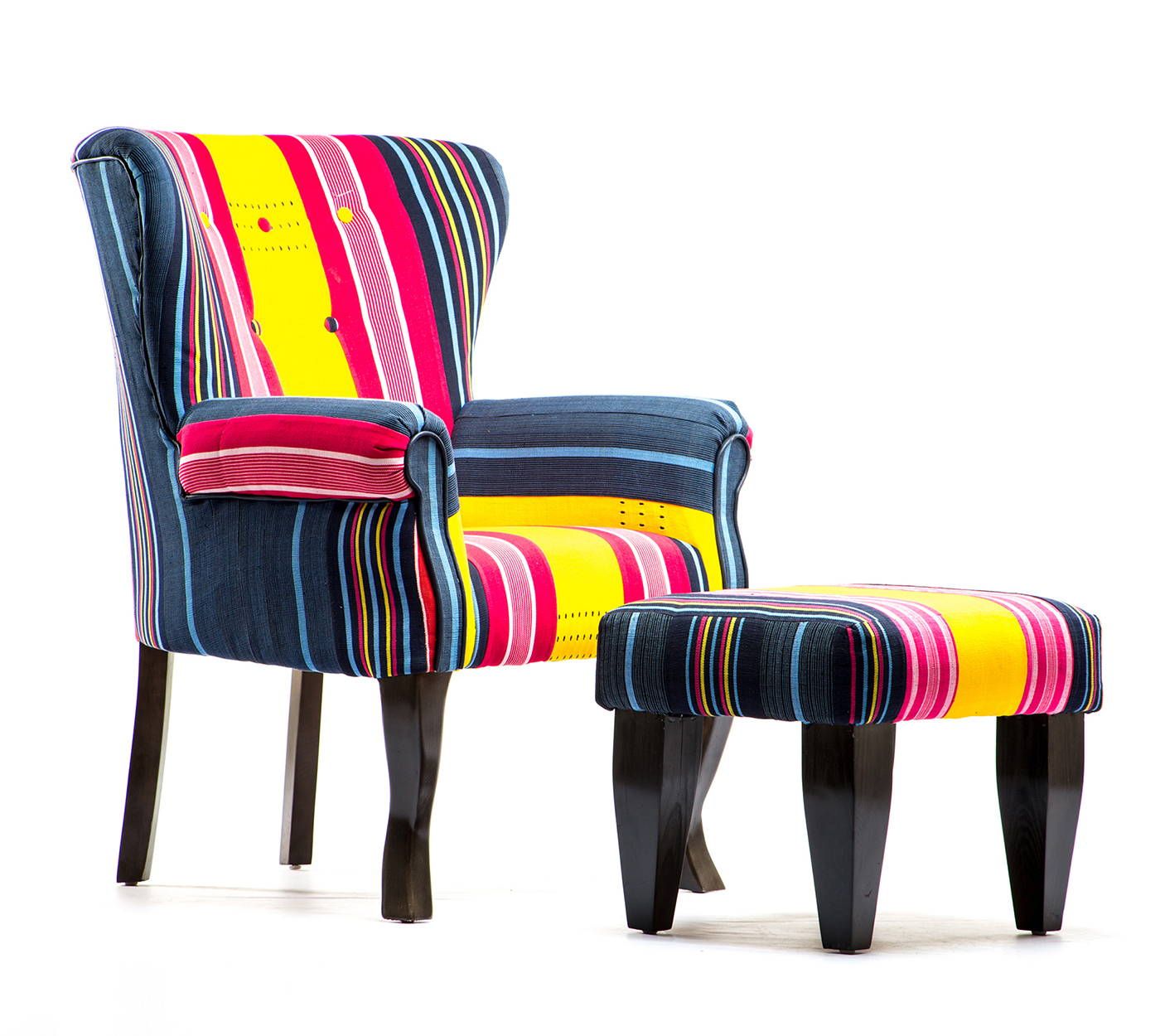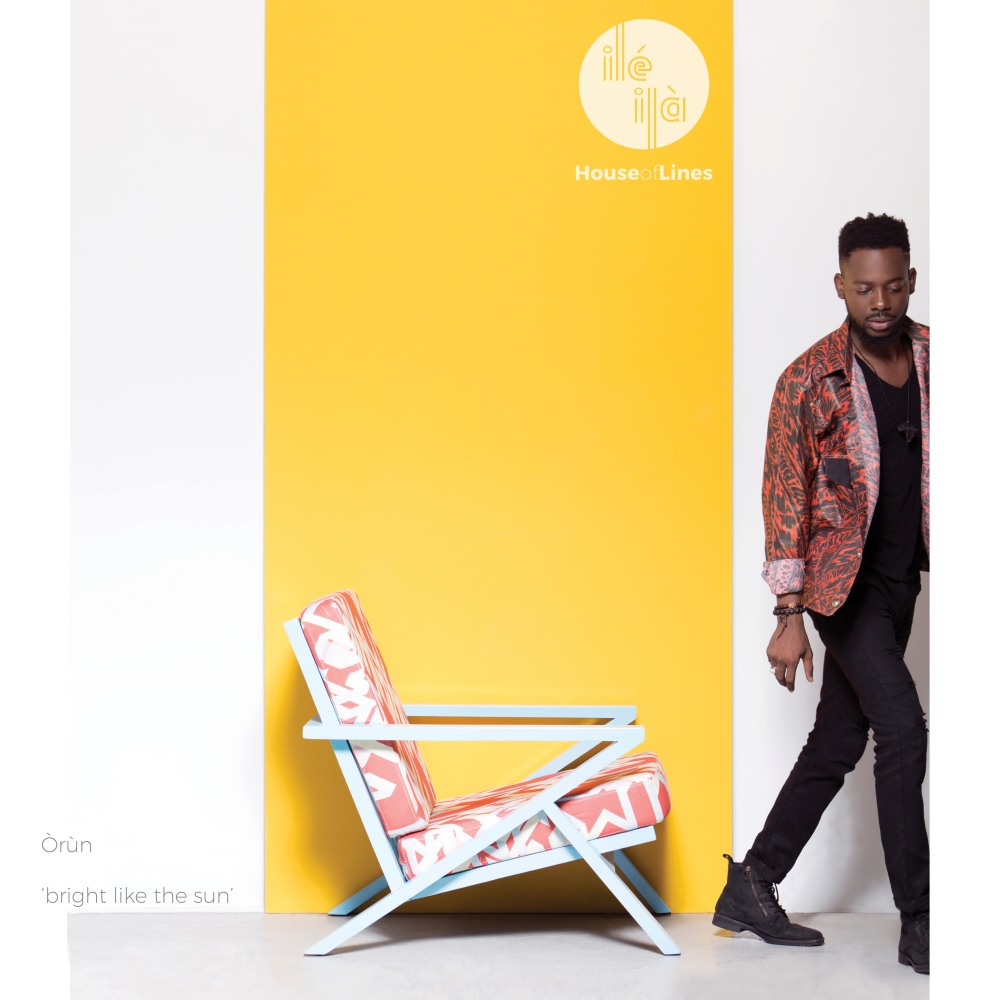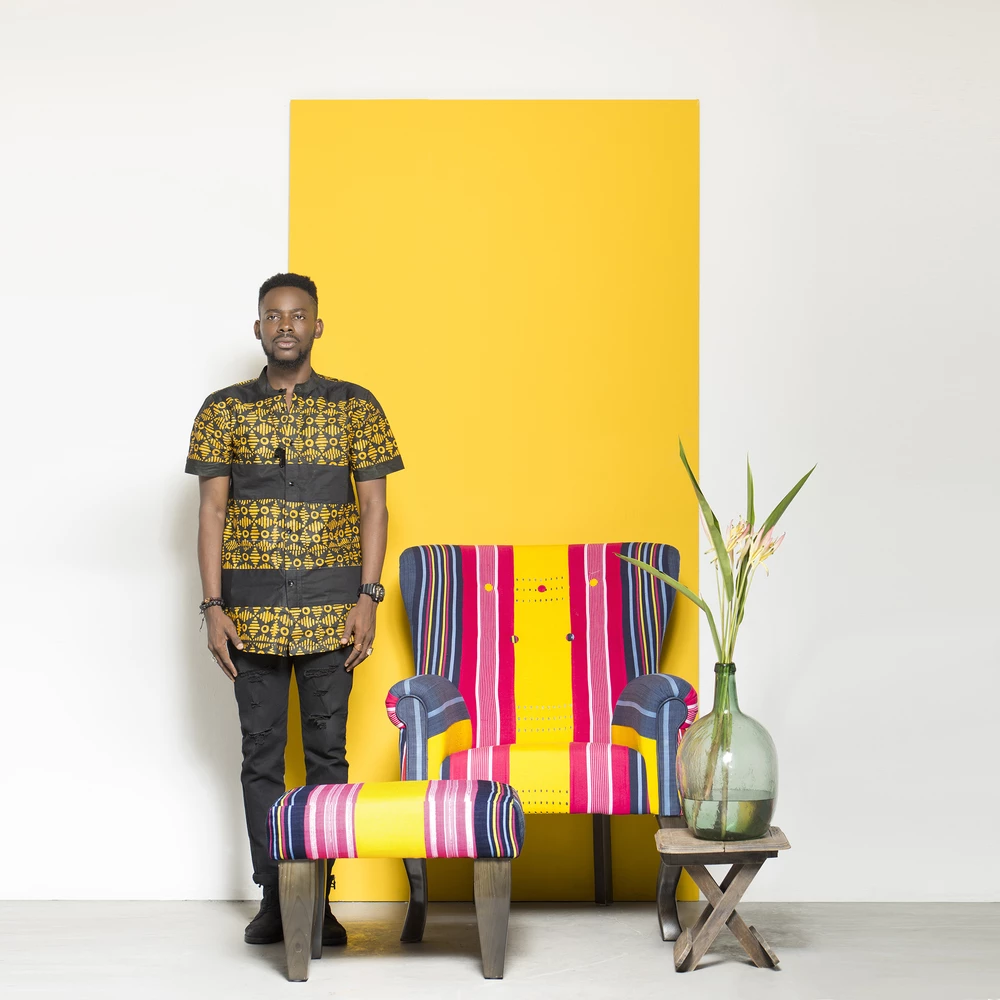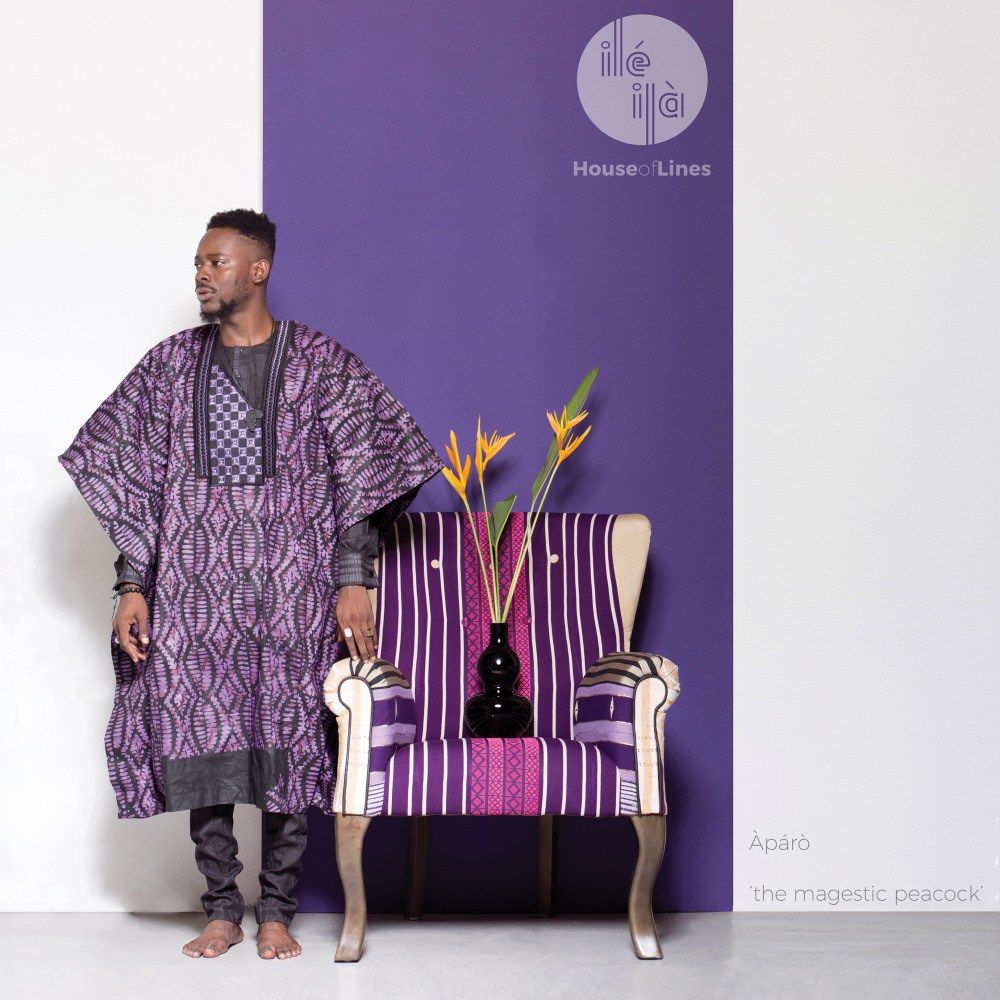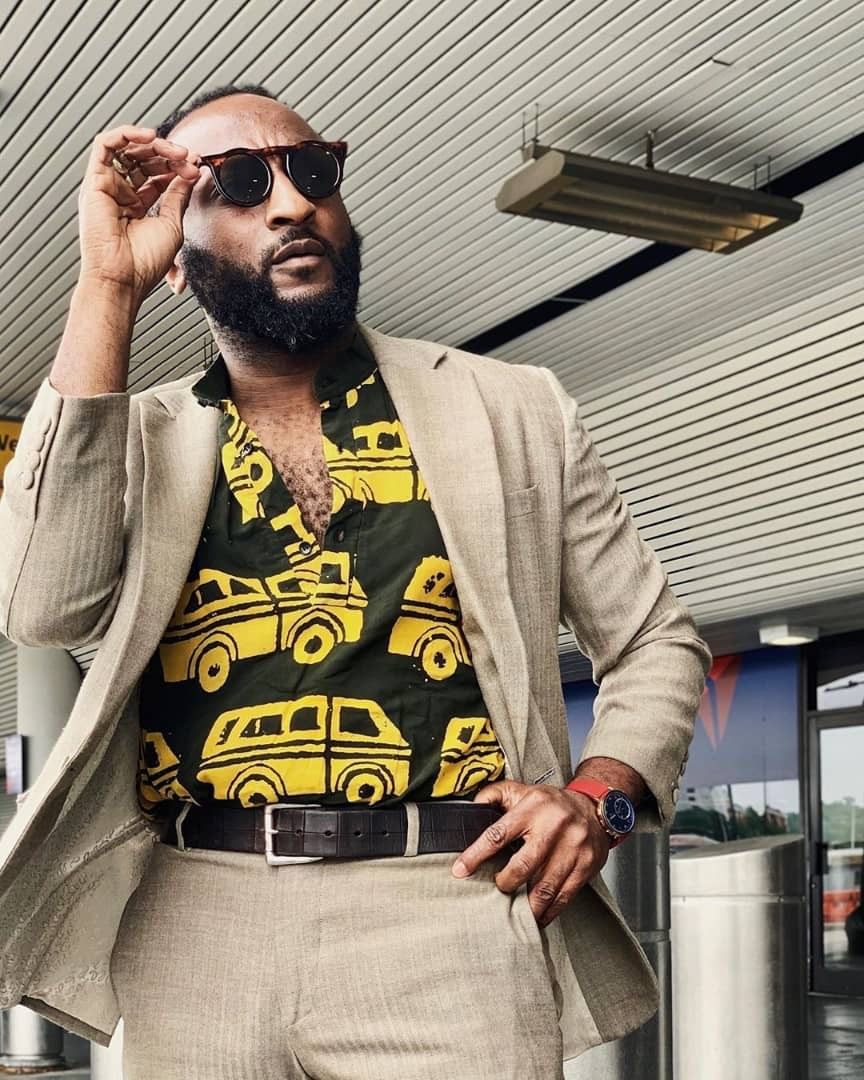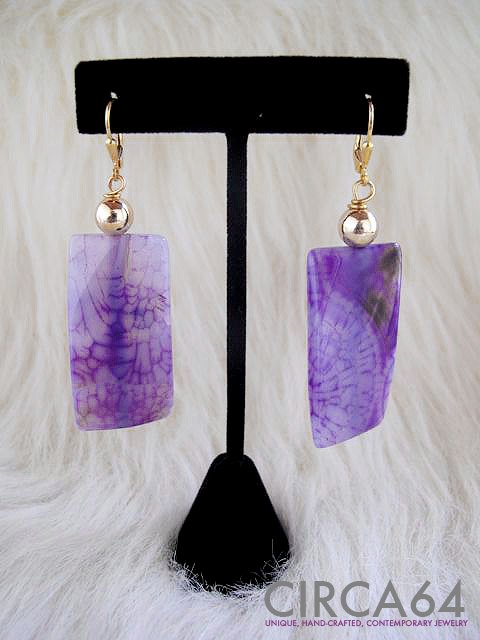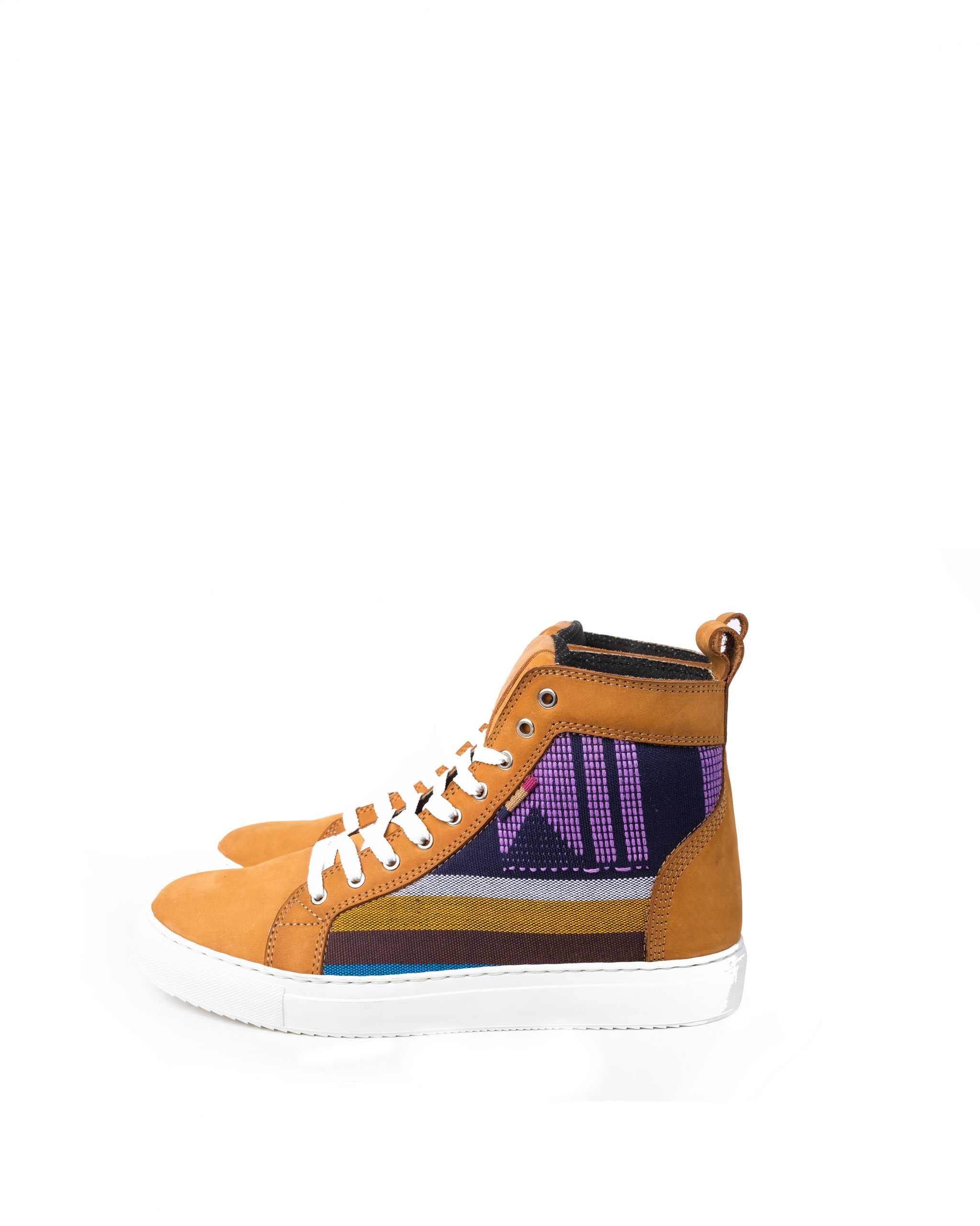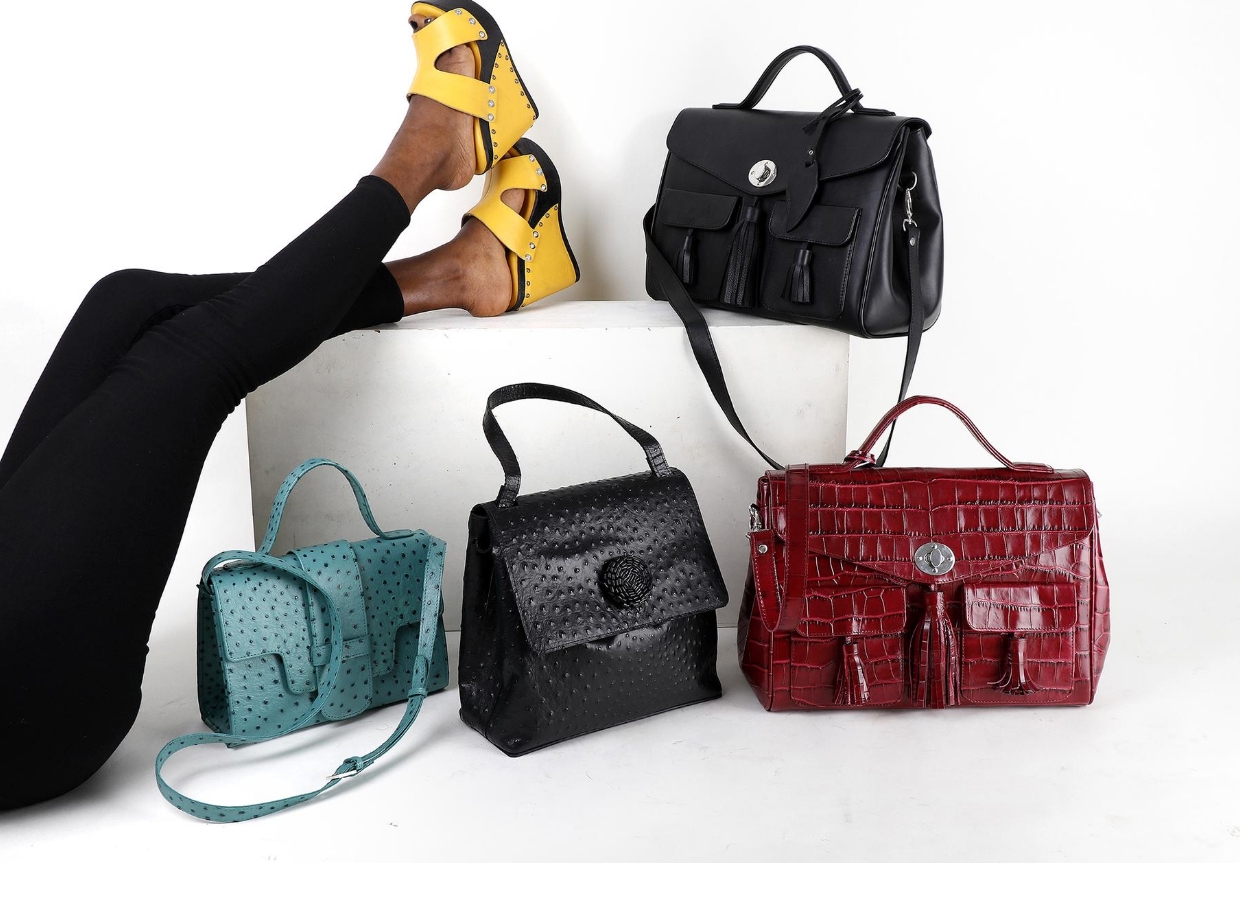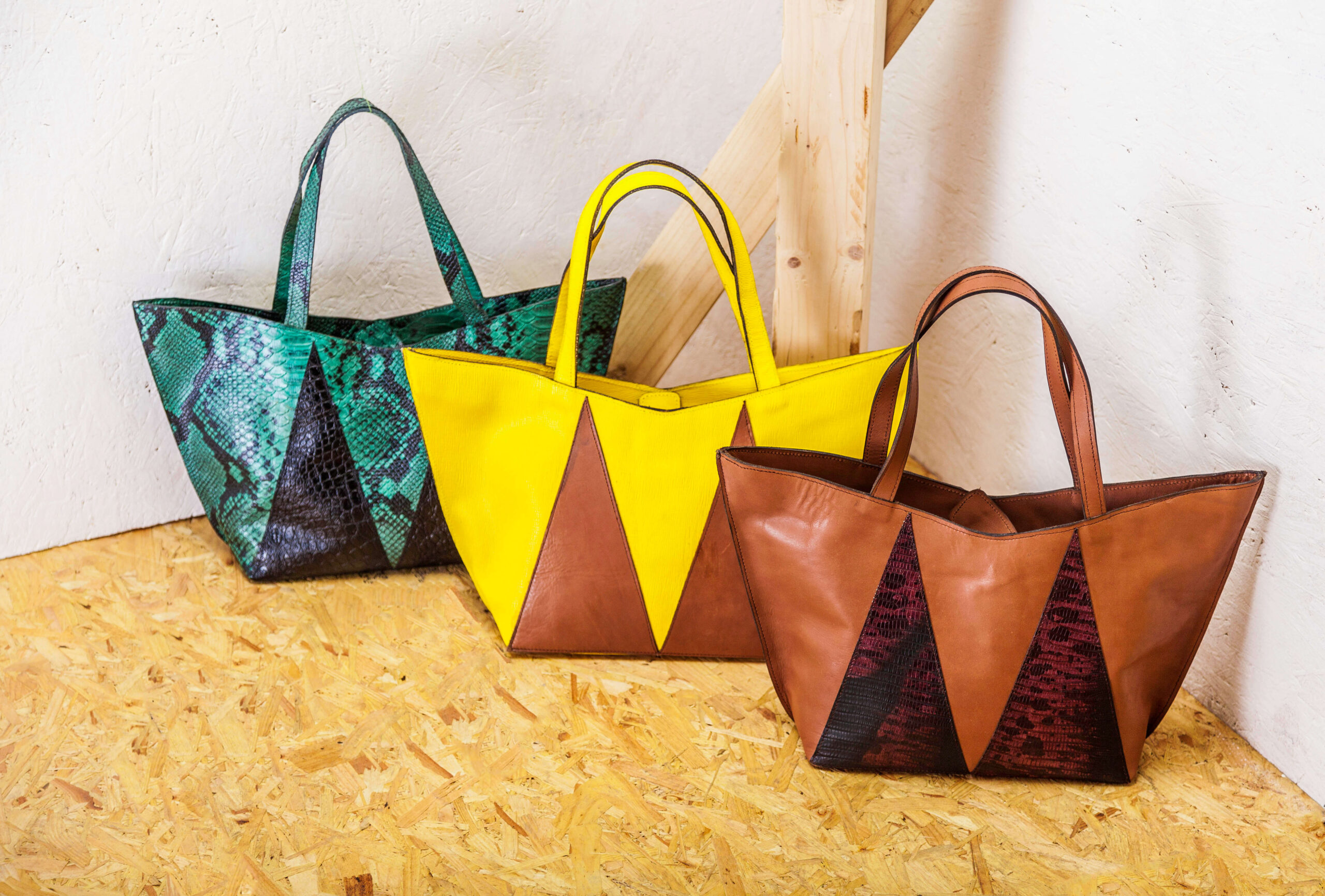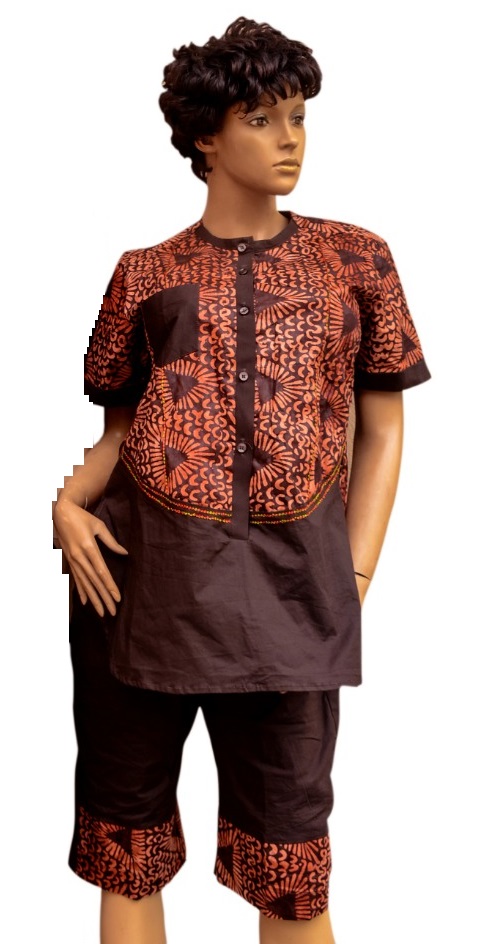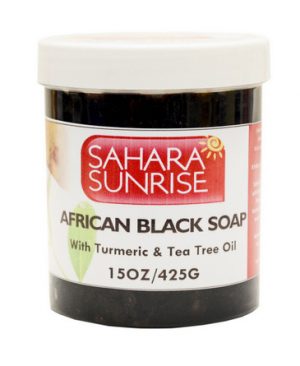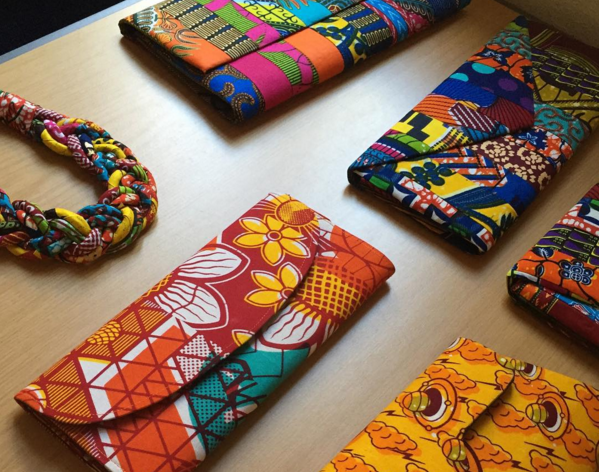Jopee Dairo, the creative force behind THE EVOLUTION, is on a mission to bring change and shed light on the rich artistic heritage of the African people. This event is more than just an exhibition; it’s a platform that showcases the evolution of African art and culture.
Jopee Dairo is not just a visual artist but a storyteller, using various digital and mixed media forms to narrate tales from the African perspective. His inspiration is rooted in the greatness of the Black race and the untold stories that lie beneath the surface.
At THE EVOLUTION event, attendees can expect a captivating experience filled with intriguing, educational, and fascinating works of art. These pieces are not merely for purchase but also forging connections and rekindling memories of the goodness that has been lost and the promising future that lies ahead. Click here to register.
Here is an interview session with Jopee Dairo.
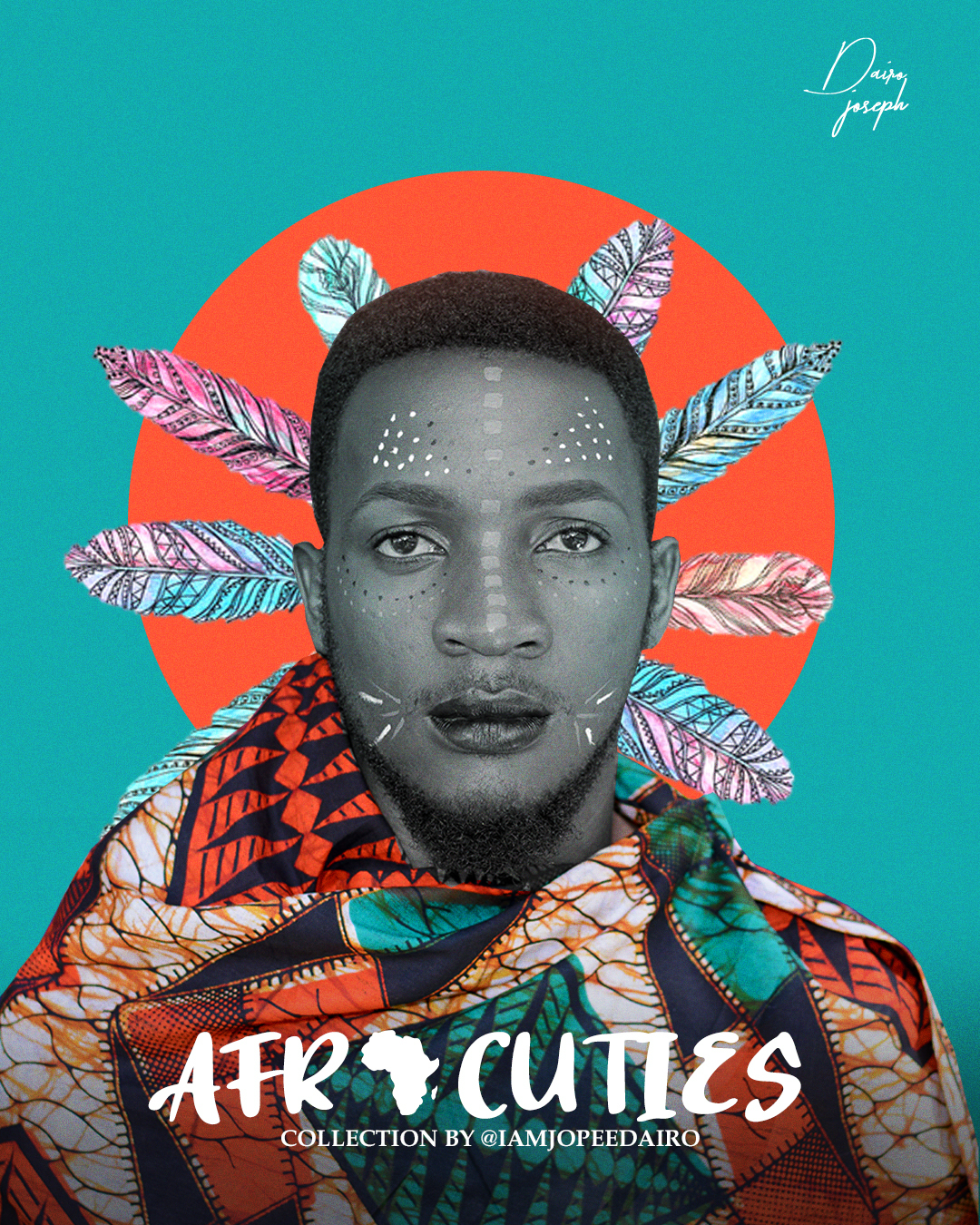
ABOUT JOPEE DAIRO
1. What inspired you to become a digital artist?
Ans: Firstly, My name is Gbemisola Joseph Dairo popularly known as Jopee Dairo; I am a Visual Artist with a uniqueness in telling stories from the African perspective using all forms of Digital and Mixed Media. I was inspired by the greatness of the Black race and the untold stories that lie beneath.
2. Can you describe your artistic style and how it has evolved over the years?
Ans: I am a mixed media artist who paints ideas to life with the digital use of African fabric patterns such as Kente, Adinkra, and Ankara. Over the years my Art has moved from mere creation of Artworks using black photography to telling untold stories about the greatness of motherland Africa.
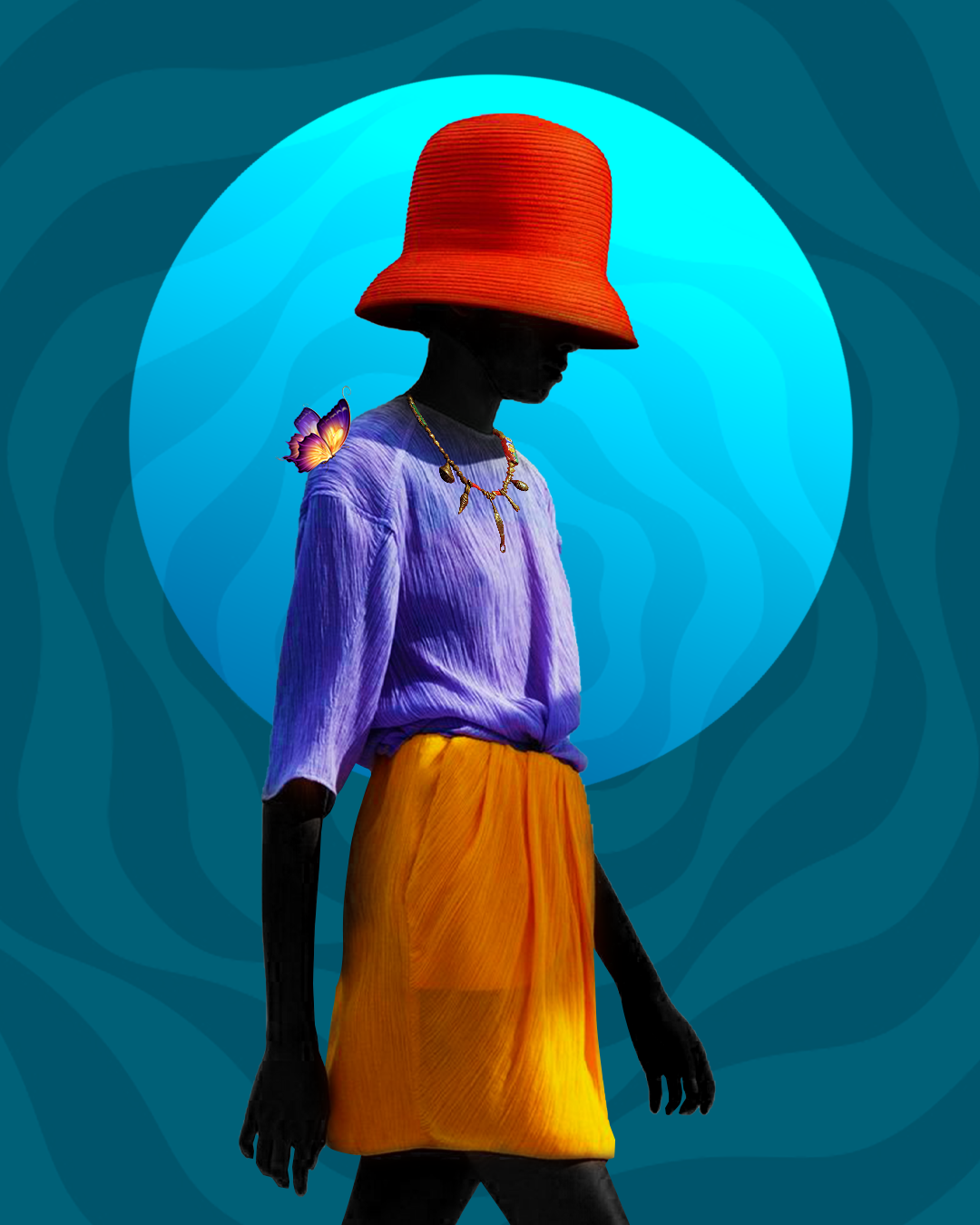
3. What themes or concepts do you explore in your digital art?
Ans: Societal values, history, and change.
4. Are there any artists or influencers who have had a significant impact on your work?
Ans: Yes. These are the likes of Bisa Butler, Mayowa Lawal, and Mayowa Alabi.
5. How do you incorporate African culture and heritage into your digital art?
Ans: Africa is Art and Art is Africa. Photography has been my greatest tool as it gives me the limitless freedom I need to create compelling stories with my Art.
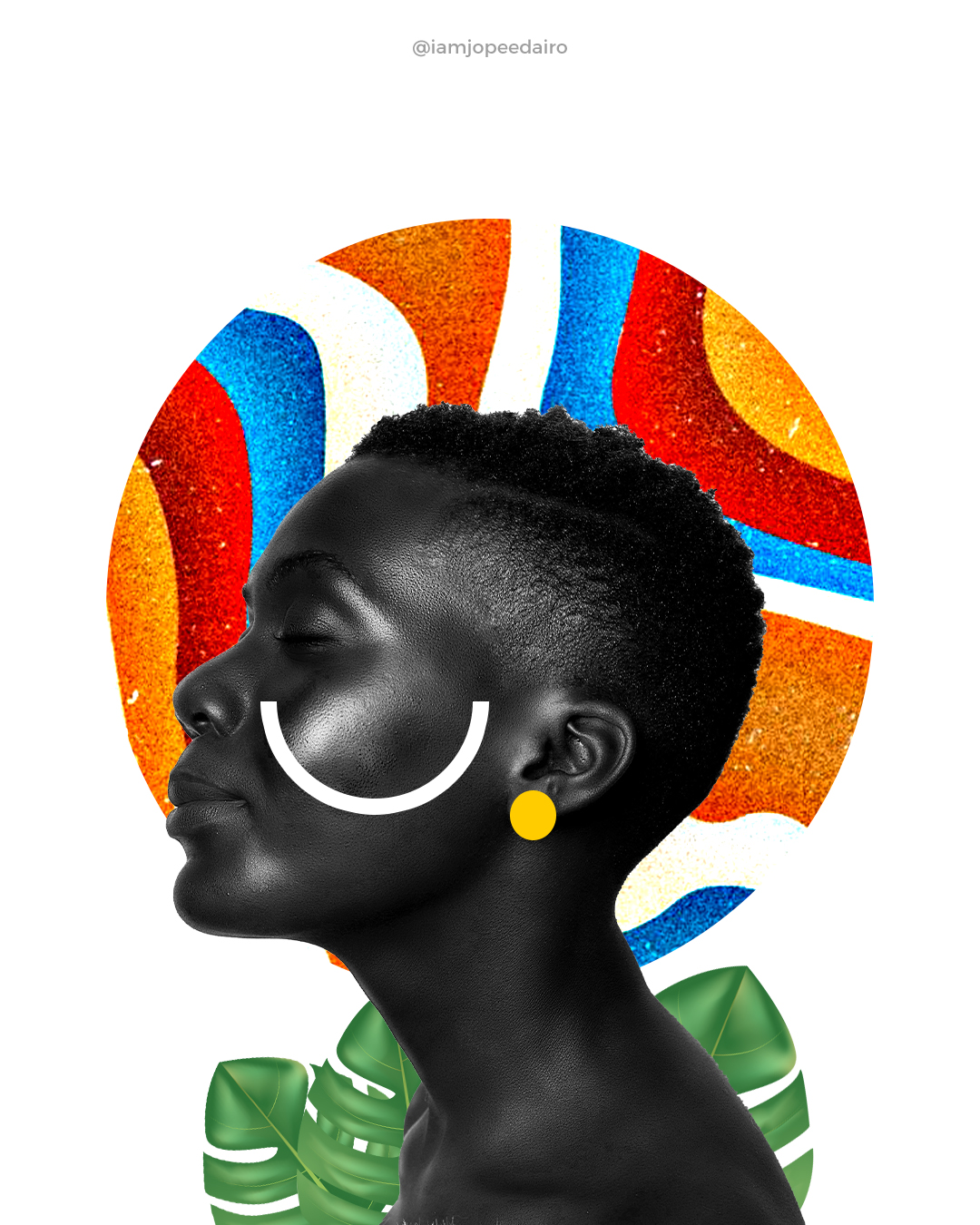
6. Can you share your creative process from idea to finished artwork?
Ans: From the point of conception, I do rough sketches on paper, do research, and prepare my storyboard, and then I relate with my photographer based on the concept. Once we come to terms, we get model(s) who we share the idea with and once that works, we proceed to shoot photography. The last part is when I get to do my digital edit, print, and put off for sale.
7. What challenges have you faced as a digital artist, and how did you overcome them?
Ans: One of the major challenges is finding inspiration not just to create but to continue. Other challenges are in the areas of affording gadgets, power supply, and understanding the markets.
I have found comfort in sharing my challenges with established artists or models whom I look up to in the business of Arts and Creativity. A problem shared is half solved, right? I am not there yet, but I am overcoming my challenges gradually.
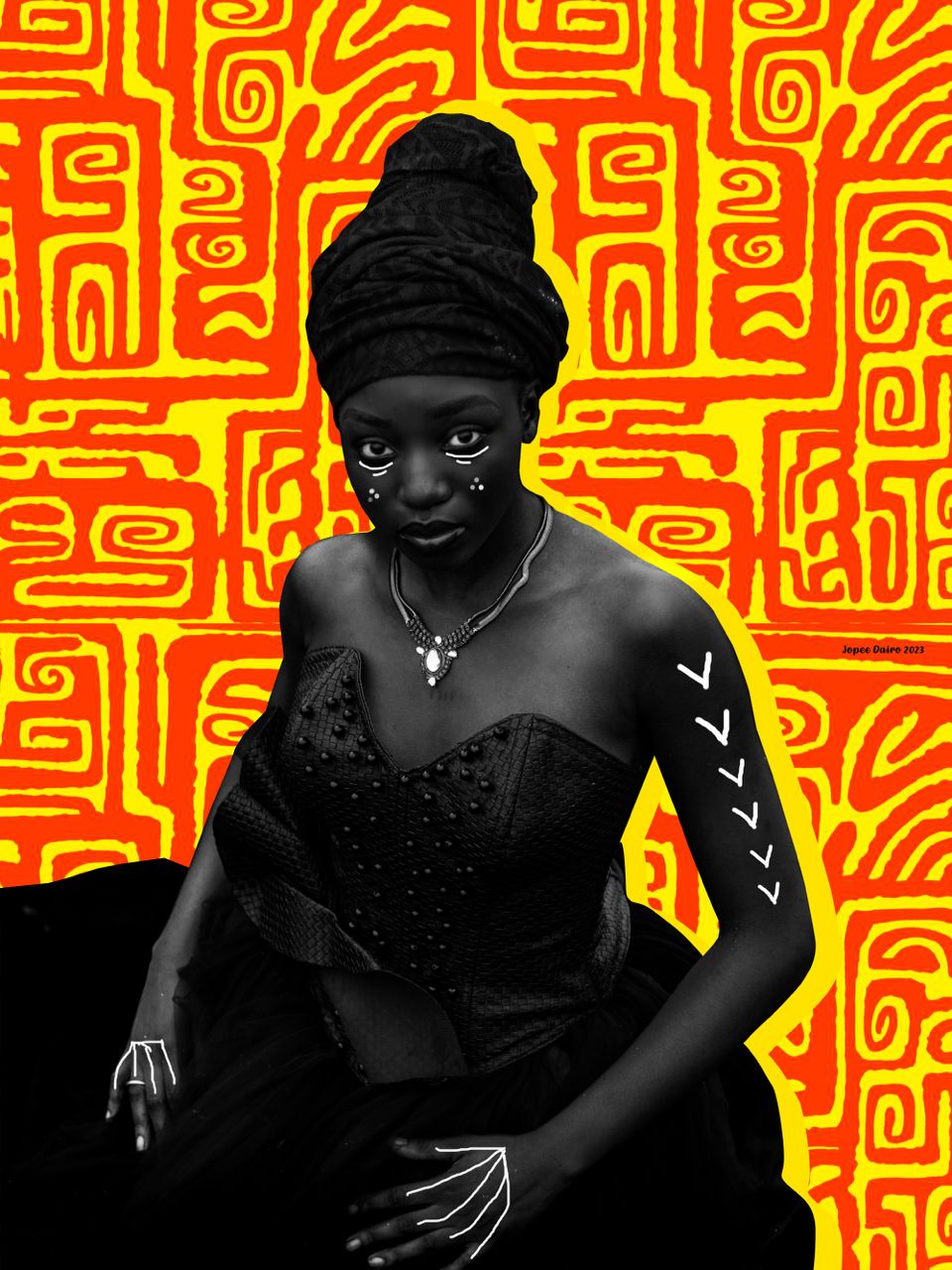
8. What achievements or milestones in your career are you most proud of?
Ans: Having my work nominated for best documentary at the African Magic Viewer’s Choice Awards (AMVCA) 2023, featuring on a project with Ghana’s renowned Glenn Samm, and partnering at the BellAfricana UK Summer Pop-up 2023. I am quite proud of being the only Nigerian in my category and being one of the very few Nigerians to be nominated for the Accra Music and Arts Award 2023.
9. Do you have a favorite piece of artwork that holds special meaning to you?
Ans: Yes I do, and that will be “Wails of a Mother”, a project I did in collaboration with Ghana’s Journalist and Model coach; Titus Dhoku.
10. How can art enthusiasts and collectors connect with you and acquire your digital art pieces?
Ans: I can connect with you on my social media platforms at iamjopeedairo.
ABOUT THE EVOLUTION
1. What inspired you to organize THE EVOLUTION, and what is its overarching mission?
Ans: Change. The mission is to showcase the rich artistic heritage of the African people and how we have evolved.
2. Can you provide an overview of what attendees can expect at the event?
Ans: Everyone should come to the Evolution expecting to see intriguing, educating, and fascinating works of art. These are Arts that they are not just compelled to buy but connect with and spur memories of goodness that have been lost and the better end that fast approaches.
3. How did you select the participating artists and their collections for the exhibition?
Ans: The participating artists are those who have been found with a like mind backed with some indigenous taste in Arts, even in the uniqueness of their styles.
4. What role do you believe events like THE EVOLUTION play in promoting African art and creativity?
Ans: Events like this are pivotal to spreading the awareness of African culture and the dignity that comes with it.
5. Can you share any highlight or unique features of THE EVOLUTION that make it a must-attend event?
Ans: This event is the first of its kind on the mainland of Lagos, Nigeria with international attention in Europe and about five (5) other African countries. The event sets a new standard for artists, photographers, and stakeholders in the creative space in Africa and the diaspora.
6. Are there specific goals or messages you aim to convey through this event?
Ans: Yes there are. Change, standard, freedom, and the endless possibilities that avail for the black race irrespective of the misconceptions of the past or the present are key ideas we aim to preach.
7. How can businesses and organizations benefit from attending THE EVOLUTION?
Ans: We have sponsorships, partnerships, and vendor opportunities for brands and businesses that we will in turn showcase to our audience.
8. Are there any notable speakers or workshops planned during the event?
Ans: No, it’s not an event for workshops, however, there will be lots to learn as exhibitors and brands engage the audience.
9. What steps have you taken to ensure a memorable and immersive experience for the attendees?
Ans: We’ve got a conducive location in the heart of Lagos, music that resonates with the theme of the event, and maximum security.
11. How do you envision the future of THE EVOLUTION and its impact on the creative community?
Ans: The Evolution is a concept that will shift paradigms and change the narratives of the Arts and creative space in Africa.
12. How can individuals interested in attending or supporting the event get involved or obtain tickets?
Ans: All information needed regarding this will be made available on our Instagram page @iamjopeedairo including attendants’ forms as it is a free-to-attend but registration-compulsive event.

Jopee Dairo’s artistic style is a blend of mixed media, where he brings ideas to life using digital techniques and incorporates African fabric patterns such as Kente, Adinkra, and Ankara. His artistic journey has evolved from creating art using black photography to delving deeper into the untold stories that celebrate the greatness of Africa, the motherland. Through his work, he aims to not only create art but also to convey the narratives and histories that often go unheard. This event promises to be very interesting and specifically to help creative brands. Click here to register.

